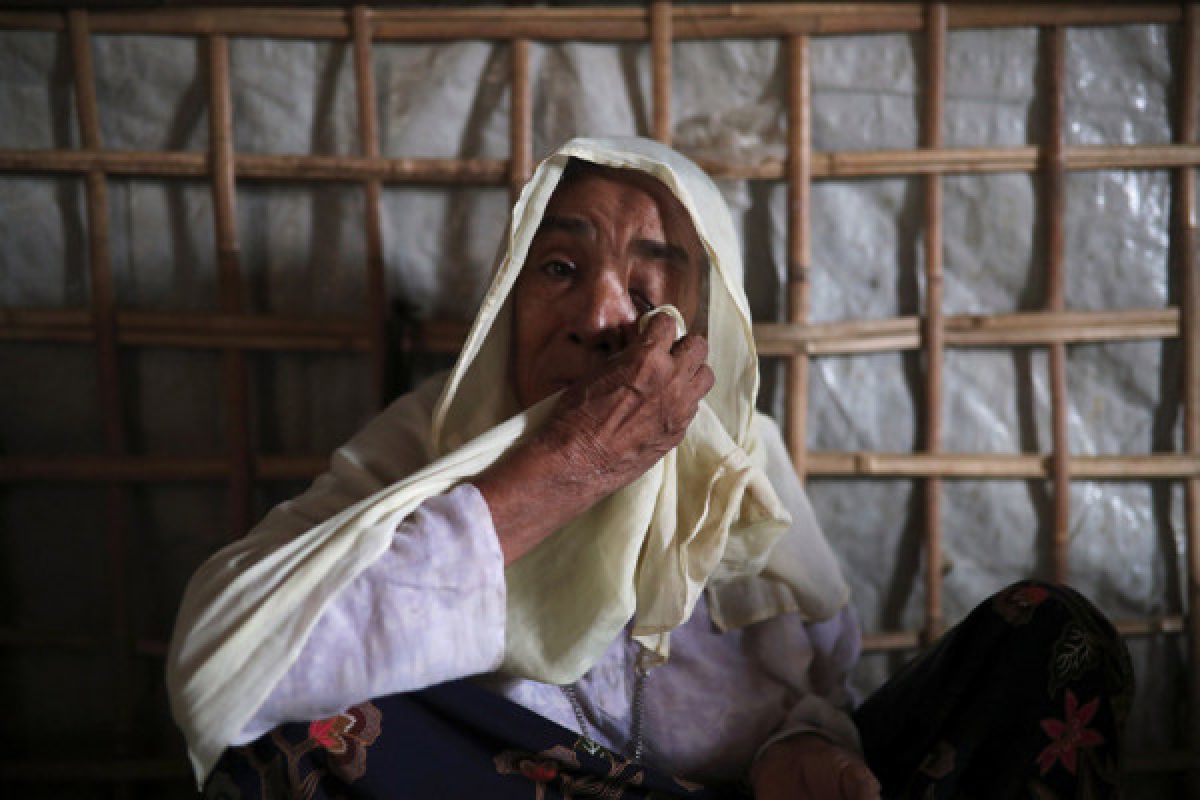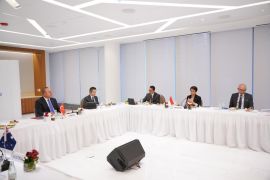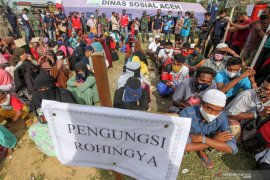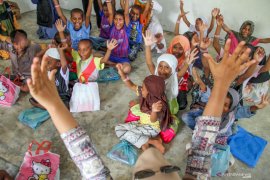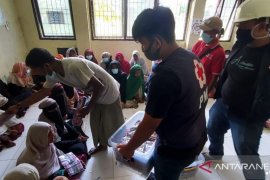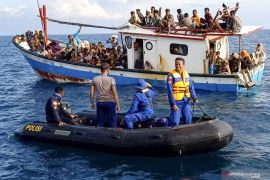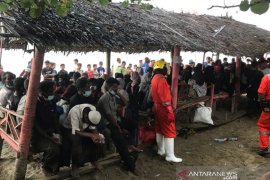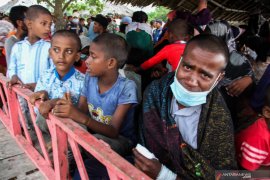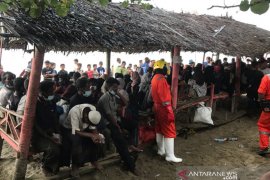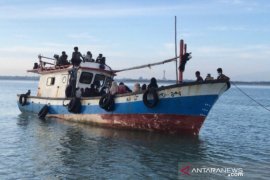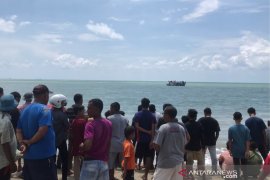The arrival of nearly 700,000 Rohingyas in Cox`s Bazar beginning Aug. 25, 2017, was one of the largest ever population influxes over such a short span of time. Women, children and the elderly arrived with injuries, low immunization coverage, high rates of malnutrition, and at risk of deadly disease outbreaks.
"Unprecedented efforts have been made in the last year and in the most challenging conditions. Deadly diseases such as cholera have been prevented, and measles and diphtheria curtailed rapidly with quick roll-out and scale-up of health services and mass vaccination campaigns," said Dr. Poonam Khetrapal Singh, regional director of WHO Southeast Asia.
"It is remarkable that not only has the mortality rate among the Rohingyas remained lower than expected in an emergency of such a scale, it has also reduced significantly in the last six months," he added.
Despite these efforts, the WHO still warns of remaining challenges, as floods and landslides in the ongoing monsoon season continue to displace people and affect the functioning of health facilities. Also, the Rohingya population is reluctant to access sexual and reproductive health services, and as a result, 70 percent of births are still taking place outside of health facilities.
The biggest challenge is the need to further scale up services to meet the complex, evolving, and long-term health needs of this highly vulnerable population, amid a funding shortfall that could undo the gains and progress made so far.
The WHO is seeking 16.5 million U.S. dollars to continue supporting the Rohingya response, as part of the 113.1 million dollars being sought by all health partners together under the Joint Response Plan until March 2019.
"We need to continue to support the health needs of this vulnerable population and remain vigilant against the spread of diseases. This is still a very fragile situation," said Dr. Peter Salama, WHO`s deputy director-general for emergency preparedness and response.
(U.C003)
(T.C003/C/C003/C003) 26-08-2018 08:25:56
Reporter: Antara/Xinhua-OANA
Editor: Fardah Assegaf
Copyright © ANTARA 2018
